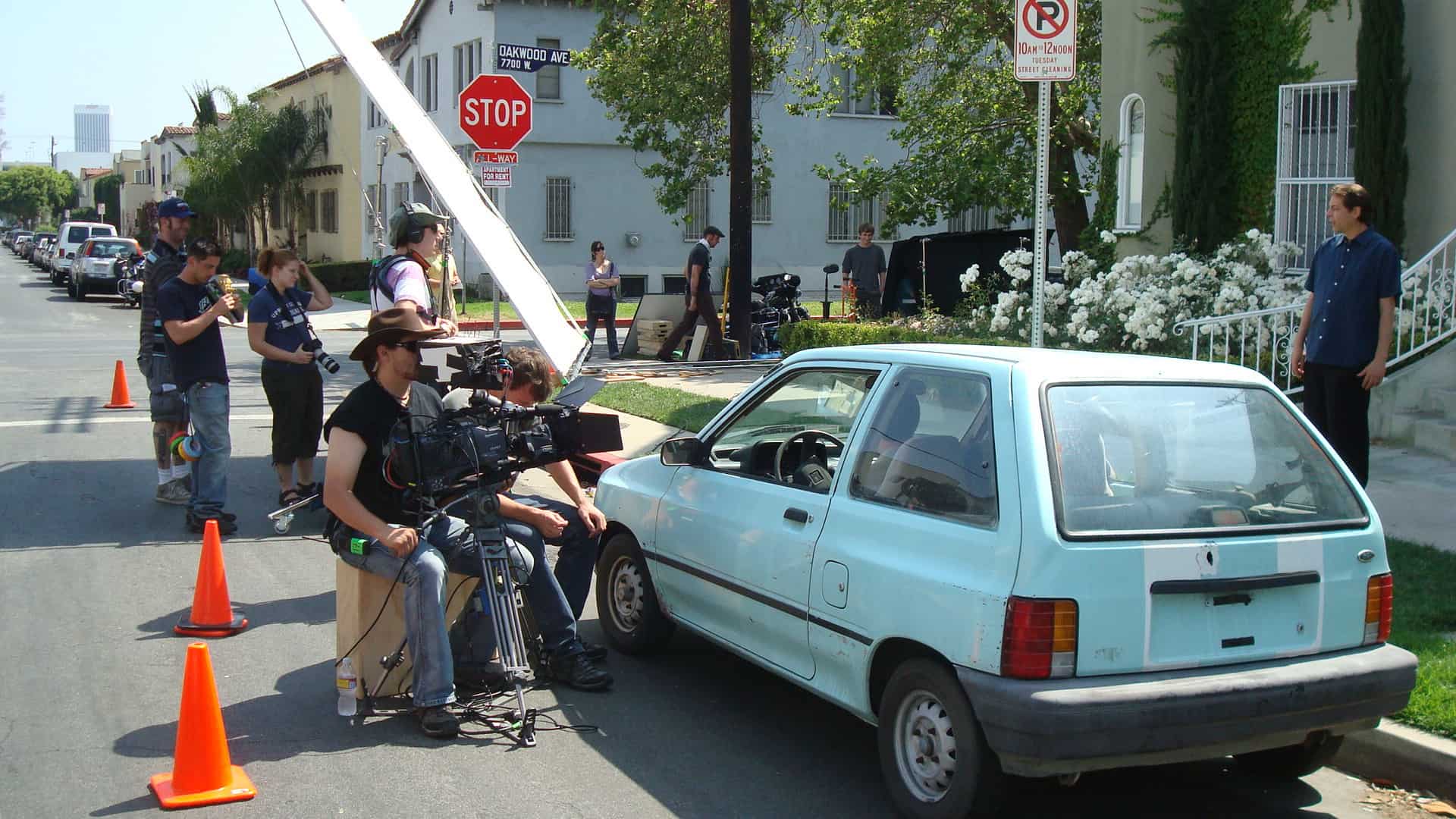So, you’re thinking about shooting a short film? Short films are a terrific way of learning the process of making a movie, showcasing your talents, and generating interest from producers and investors in future projects.
Despite the educational and career benefits, there is virtually no market for short films, making it nearly impossible to see a return on your investment. While there are a few distributors who may release a compilation DVD of short films, filmmakers rarely see their money back or see distribution of a short film by itself.
If I can give one piece of advice from the years I’ve been working as a filmmaker, it is to produce several short films before tackling a feature. The process of learning how to make a movie is cyclical, meaning you have to go through the entire process at least once just to begin understanding the craft.
For example, much of directing stems from understanding the editing process and the way shots work together to make a scene. Understanding just this one aspect will have a huge impact on your choices for camera placement and pacing when directing on set.
Don’t turn your star idea into your first film… you’ll regret it for your entire career. Start small and learn the process with a short film, then with the second and third films, hone the craft of directing, working with actors and directing the camera. You will know when you’re ready to take on a feature.
– Jason J. Tomaric, Emmy-Winning Director
The power of a short film is that a viewer can watch your work and see an entire story arc without a big time commitment. This is really important in Hollywood as you start marketing your talents to producers, agents, and managers. They are all extremely busy, and won’t have time to commit to a new filmmaker’s project without a lot of buzz. This is why a short film is a great calling card.
- A viewer can watch your short without a big time commitment – This will make it more likely for them to see the entire film
- You can invest your time and resources into only a few minutes – If you have $10,000 and two months, you will produce a better quality 2-minute short film by focusing those resources on 2-minutes than on a 90-minute long feature film.
- You have more distribution options – You can easily release your short on youTube, Vimeo, post it on blogs, and even stand a better chance of being accepted into a film festival. It’s easier for a festival programmer to fit a 2-3 minute short film than a full feature.
- It’s a great way to practice your craft – The only way to become a better filmmaker is to practice, practice, practice. Shorts are an outstanding tool to craft a story in three acts, create compelling characters, and emotionally engage your audience. If you can do it in 2 minutes, then you’ll be able to do it over a 90-minute feature.
- They don’t have to be complicated – You can shoot a compelling story in your own living room with one actor. Short FilmSkills aren’t about scope – they are about telling an emotionally compelling story in a short time frame.
- Don’t expect to make your money back – There isn’t a financial model or market for short films, so when you produce one, be prepared to invest in your craft and in a great calling card. You probably won’t see a direct return on your investment.
So what are you waiting for? Get out there and shoot your short film!


